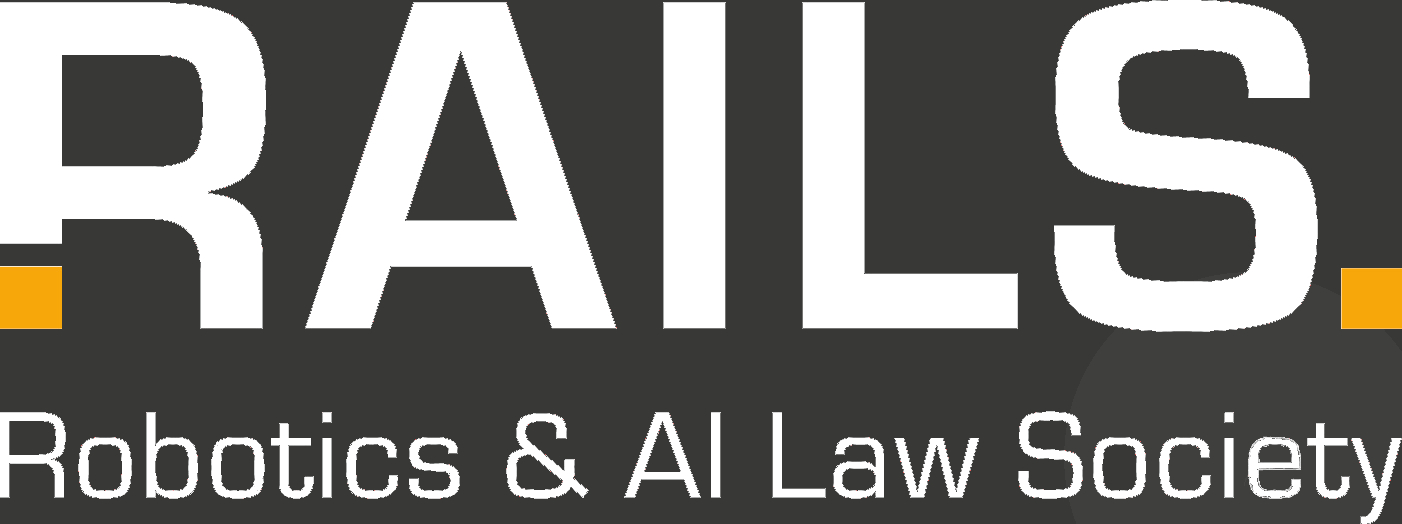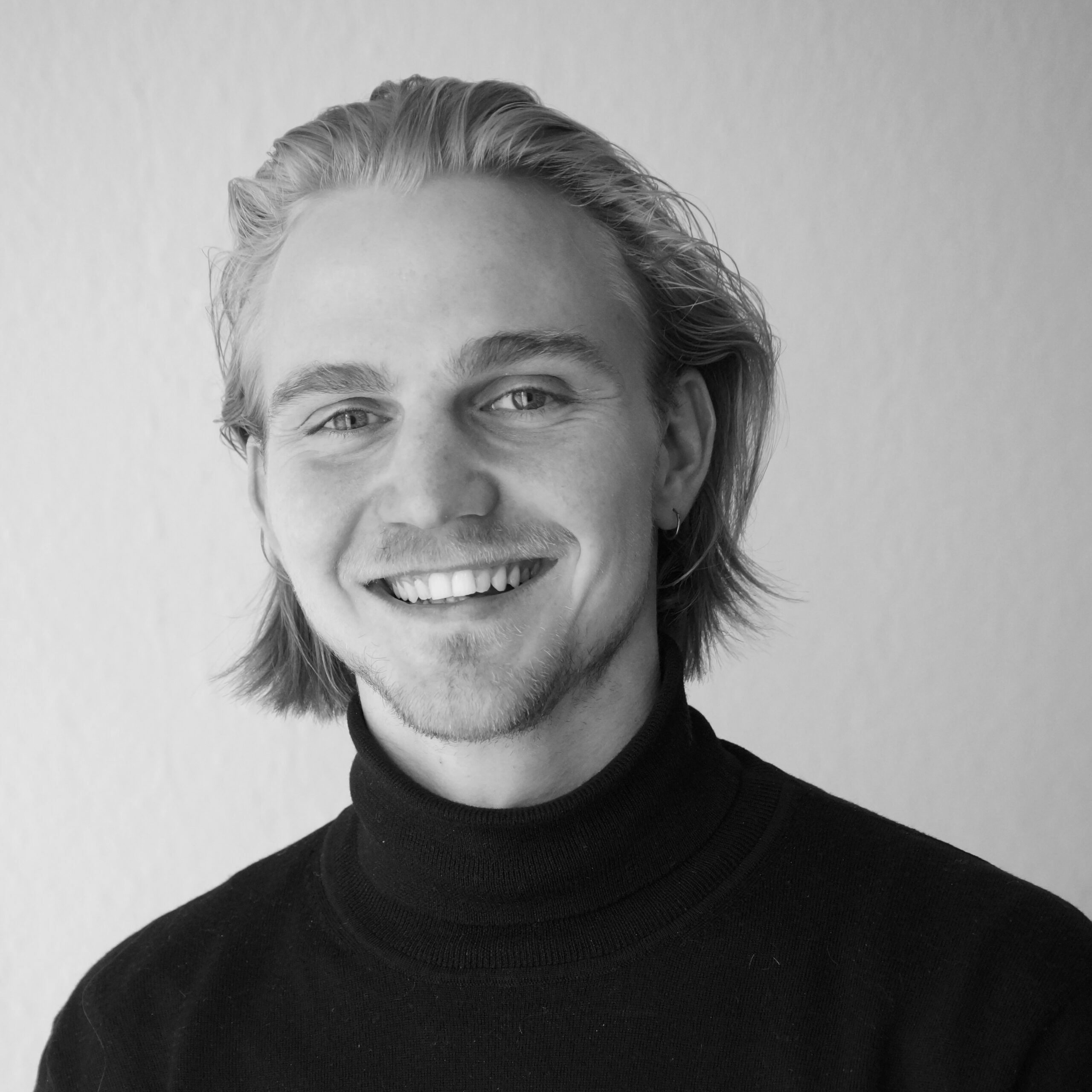Report on the conference at the Ludwig-Maximilians-University Munich on July 11, 2024
On 11 July, 2024, the conference ‘The New EU Product Liability Directive – Update or Upgrade for European Technology Law?’ took place at the Ludwig-Maximilians-University Munich. The conference was organised by the chair of Prof Dr Beate Gsell (LMU Munich), Prof Dr Martin Ebers (RAILS, University of Tartu), Dr Ann-Kristin Mayrhofer (LMU Munich) and Dr Clemens Danda (Institute for AI safety and security).
An article by Paul Jakob Suilmann
Introductory remarks and keynote
Following the opening by Prof Dr Beate Gsell, Prof Dr Martin Ebers addressed the interplay between the AI Act and the revised Product Liability Directive (PLD) in his keynote speech. He focused on the fact that the AI Act as an ex ante safety law and the revised PLD as an ex post liability standard pursue parallel protective purposes. In this context, he discussed the question of what significance follow-on actions – parallel to competition law – could have for artificial intelligence law. He concluded that due to the lack of binding effect of administrative decisions for civil court proceedings, the question of liability will still be dealt with autonomously. At the same time, the new Directive will still strengthen the interrelation between product safety and product liability law.
The new Product Liability Directive and French law: update and kick-up
Prof Dr Jean-Sebastien Borghetti (University Panthéon-Assas, Paris) gave a lecture on the fundamentals of French product liability law. He emphasised that broad no-fault claims for damages are traditionally available under French tort law as a consequence of the general damages clause of the Code Civil. On the occasion of the introduction of the first PLD in 1985, it was thus feared that the scope of liability might even be restricted – a reaction that could reappear with the implementation of the revised PLD. He then addressed potential difficulties that could arise with the revised PLD. He discussed the new types of damages under Art. 6 of the PLD and the design defect in the light of under Art. 11 and 18 of the PLD. Borghetti concluded by arguing in favour of further extending the scope of liable parties under product liability.
From fault liability to strict liability: AI providers in Spain
Dr Tomás Gabriel García-Micó (University of Barcelona) gave a presentation on Spanish law. He focused on the relationship between the PLD and the liability provisions of Articles 147 and 148 of the Spanish Consumer Protection Act, which provide for liability for services. These remedies do not require proof of fault by the plaintiff. With regard to compensation for damages caused by software – the latter falling under the concept of services – this results in a clear advantage of the harmed consumer. From this perspective, the fully harmonising effect of the forthcoming PLD will arguably not lead to an increase in the level of consumer protection under Spanish law.
Effects of the updated EU Product Liability Directive on product liability in Germany
Prof Dr Andreas Spickhoff (LMU Munich) contributed the country report for Germany. Following a historical outline of the old Product Liability Directive and German producer liability, he addressed the challengens of the implementation of the revised PLD. In this regard, he discussed the new rules on the disclosure of evidence (Art. 9) and the burden of proof (Art. 10). Despite these changes, the standard of proof itself is likely not affected by the new presumptions, which means that the standard will remain unharmonized within in the EU. The assessment of evidence under Sec. 287 of the German Code of Civil Procedure (ZPO), for example, appears very strict compared to other Member States. Nevertheless, the PLD should still be viewed favorably, as it still improves the protection of consumers.
Swiss exceptionalism – also in product liability law?
Prof Dr Isabelle Wildhaber (University of St. Gallen) was invited to present on the Swiss perspective on the revised PLD. She first spoke about the historical development of Swiss product liability. The Product Liability Directive of 1985 had been ‘autonomously adopted’ in the form of the Swiss Produkthaftungsgesetz to integrate Switzerland with European markets (‘economic necessity’). Wildhaber believes that the revised PLD will be adopted in a similar “autonomous” manner in Switzerland adding a specific Suisse touch. In general, tort and product liability as well as product safety law require reform in the light of the risks posed by software and AI. With regard to the AI Act, however, it remains to be seen whether the ‘Brussels effect’ will take effect.
Update, upgrade or the Austrian way?
Prof Dr Susanne Augenhofer (University of Innsbruck) presented her country report on Austrian law. At ministerial level, there are currently no concrete plans on how to implement the Directive. She noted that, the terminology of the revised PLD should be adapted in some aspects. Augenhofer also called for the extension of liability to harm caused by information under product liability law, despite, however, the CJEU’s Krone decision. The fact that information goods are not covered by Product Liability is no longer convincing since harmful information poses relevant threats today.
Product liability insurance – new paths under the revised PLD
In his presentation on insurance law, Prof Dr Helmut Heiss (University of Zurich) raised the question of whether the PLD and AI technologies require adaptations of the insurance sector and insurance law. In his opinion, liability scenarios could shift and might lead to a ‘de facto extension of liability’. This is of particular importance for newly liable stakeholders (e.g. software developers), considering the expanded product definition, as well as the new rules on disclosure of evidence. He also raised the question whether compensation funds could be a promising solution for harm caused by AI. In this regard, sector-specific perspectives should be considered.
New liability for medical devices – guidance for the digital age of medicine?
Prof Dr Oliver Brand (University of Mannheim) spoke on the issue of liability for innovative medical devices. He attested parallel challenges in the application of the Medical Devices Regulation and the revised PLD. For example, the requirement of ‘repeatability’ of AI output was mentioned, which raises challenges for both certification and the concept of defects. In his opinion, the rules of fault liability (general tort law) continue to be of comprehensive importance despite the full harmonisation foreseen in the PLD. Finally, he welcomed the new presumption regarding fault and causality as extensions of consumer protection
Effects of the revised PLD on liability in the automotive sector
The speaker Dr Lennart Lutz (Cariad) gave a presentation on the effects of the revised PLD on the automotive sector and autonomous driving specifically. He pointed out that the automotive industry is a highly regulated sector. The inclusion of AI and software (with the exception of OSS) and the expansion of the definition of defects bring further risks for manufacturers. With regard to the rules of evidence, he argued in favor of a ‘moderate application’ to keep the balance between the plaintiff and defendant. He also commented on how manufacturers could reduce their risks regarding the new presumptions. In particular, technological solutions such as event data recorders (EDR) are likely to be helpful to refute presumed defects and causalities.
Development of aviation products – legal requirements, technical implementation and application to AI systems
Dr Thomas Krüger (Institute for AI Safety at the German Aerospace Centre) spoke about the challenges faced in the development of aviation products. He emphasised that similar problems arise with AI in the aviation sector as in the automotive sector. He emphasized that robustness and high-quality training data are particularly crucial in the development of safe AI technology. However, as high-quality measurement data come with high costs, synthetic data are often used as a substitute training data. The decisive aspect in aviation is the demanding certification process and the low tolerance for fault. Aviation is already a highly regulated sector in terms of safety legislation, so the new provisions of the PLD are likely to have only a minor impact on established processes.
The implementation of the revised PLD in German law by the Federal Ministry of Justice
Dr Lars Entelmann (Federal Ministry of Justice) presented an overview of the ongoing implementation process of the revised PLD in Germany. He assumed that a comprehensive revision of the German Product Liability Law (Pordukthaftungsgesetz) is necessary, potentially extending to the structure of the law. In his opinion, the most challenging issues are the new category of data damages, the interplay between the disclosure of evidence and trade secret protection, as well as the implementation of presumptions of fault and causality.
Outlook – update or upgrade?
In her outlook, Prof Dr Beate Gsell argued that the PLD is more of an upgrade than an update. For example, the inclusion of software was already favoured by the scientific community before the revised PLD. She also noted that the extension of product liability to include faulty information would have been desirable. However, the new rules on the burden of proof in particular represent an update that poses major challenges for member states when it comes to implementation.
This blog post appeares in German in the Europäische Zeitschrift für Wirtschafsrecht (EuZW).
Published under licence CC BY-NC-ND.


